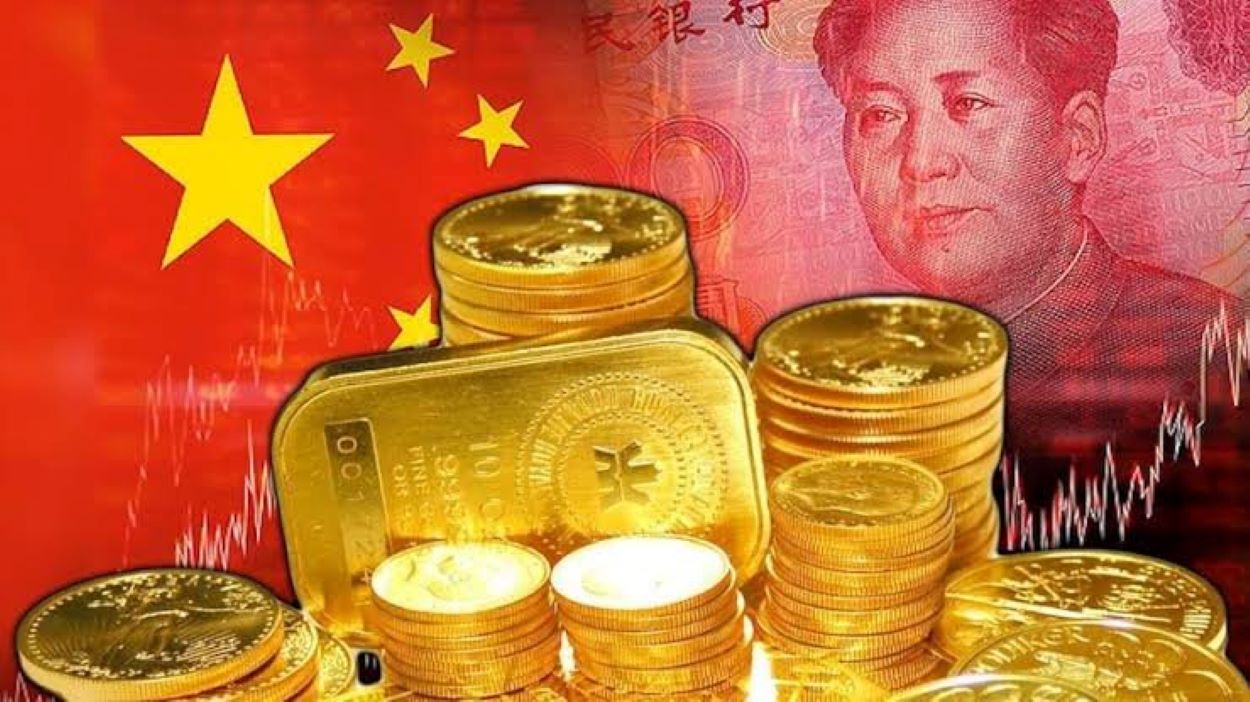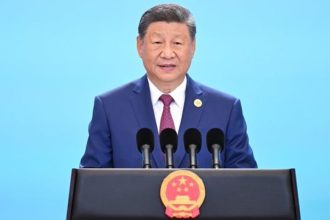China’s central bank announced plans to relax restrictions on gold imports. As the world’s largest bullion market, this move marks a significant step toward liberalising trade. The decision could influence global gold prices and strengthen China’s role in the precious metals market.
The People’s Bank of China aims to reduce import quotas and streamline regulations for gold. Currently, strict controls limit how much gold banks and firms can bring into the country. Easing these rules will allow more flexibility for importers, potentially increasing supply and stabilising prices. The central bank has not yet set a timeline, but changes are expected in 2025.
China’s central bank is making plans to ease restrictions on gold imports, marking a small step toward liberalizing the world’s biggest market for bullion https://t.co/yF3if8ImR7
— Bloomberg (@business) September 17, 2025China’s gold demand drives global bullion markets, with the country consuming over 1,000 tons annually. Relaxing import rules could boost trade volumes, attract foreign investors, and strengthen Shanghai’s gold exchange. Analysts predict this may lower gold prices slightly while enhancing China’s influence in setting global benchmarks.
Gold is a key asset for investors and central banks, especially in times of economic uncertainty. China’s policy shift could reshape trade dynamics, impacting jewellers, investors, and industries worldwide. It also signals China’s push for greater economic openness, aligning with its global financial ambitions.
China’s plan to ease gold import restrictions in 2025 is a bold move for the bullion market. As the world’s top gold consumer opens up, global trade could see big changes.






